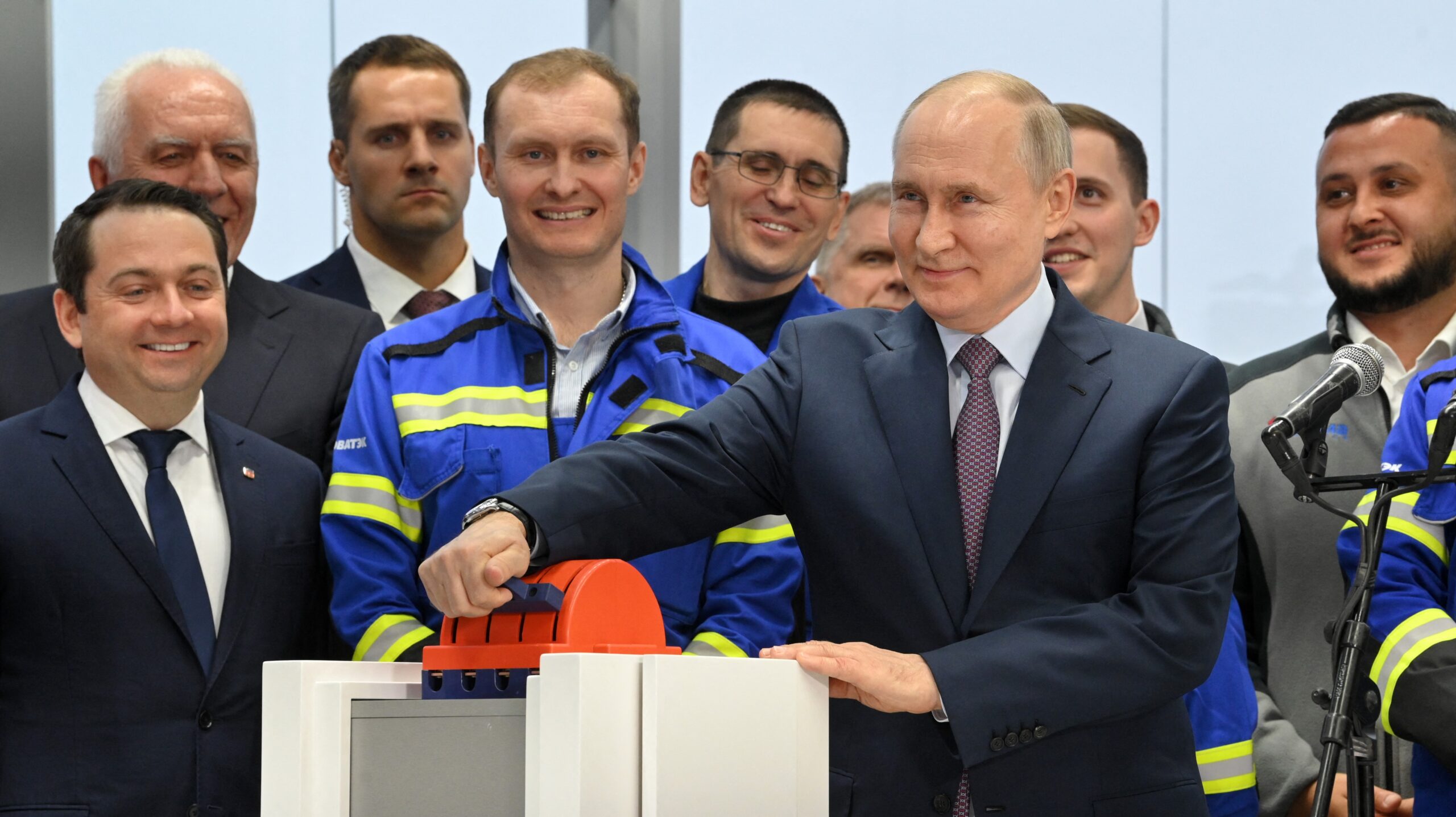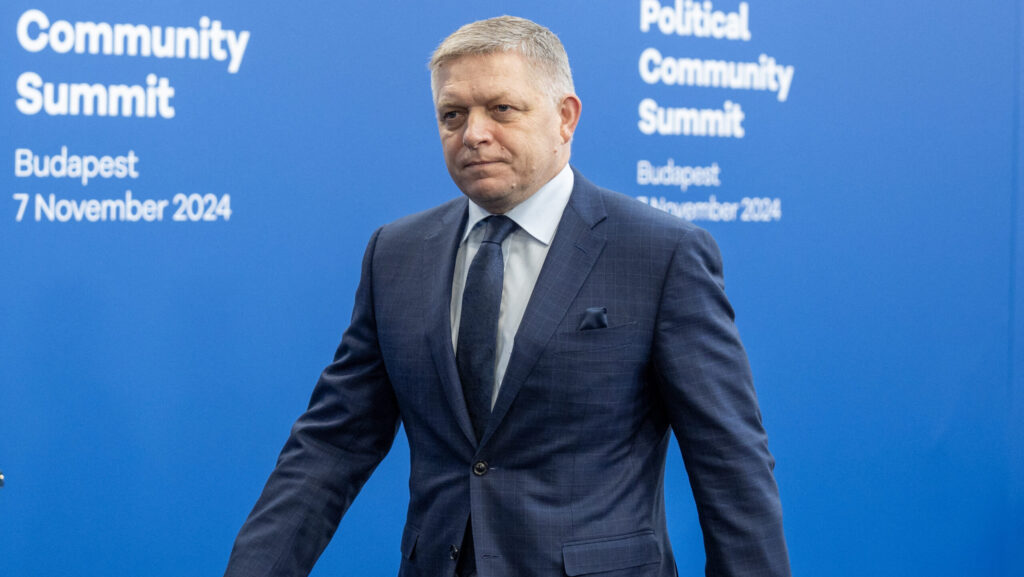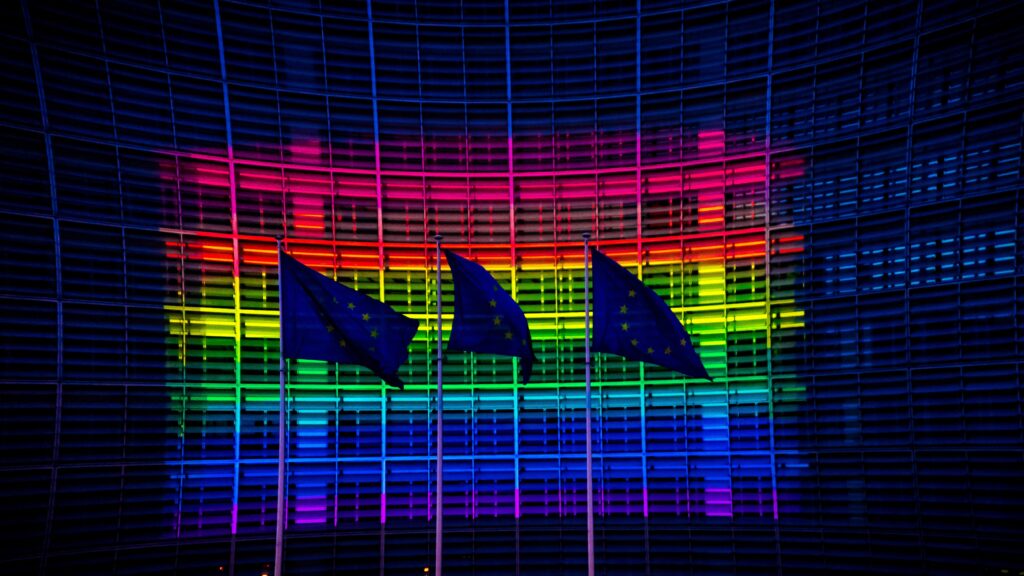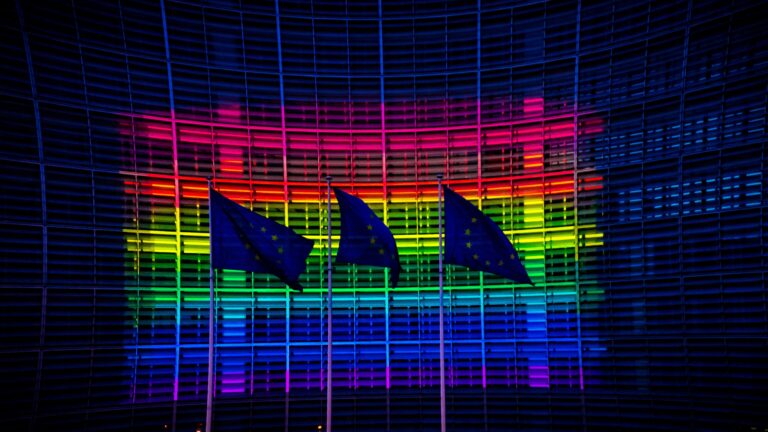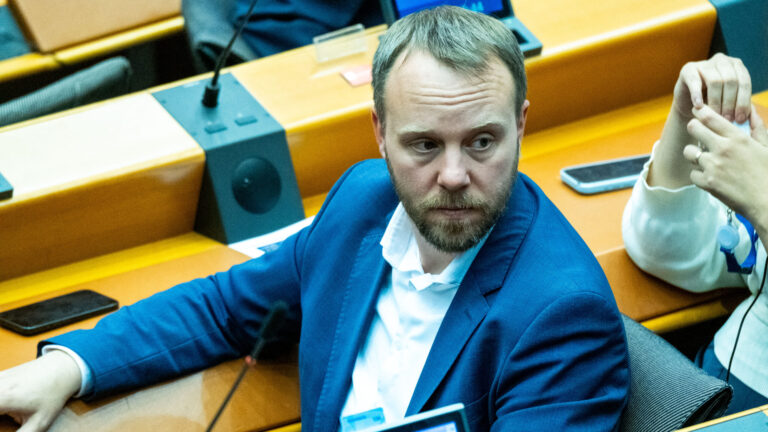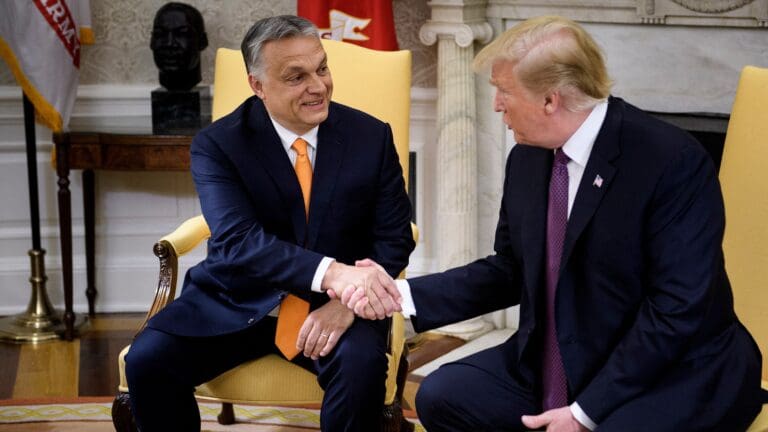Hungary’s Economic Neutrality Strategy
The basic aims of the subsequent Orbán government’s ‘Eastern opening’ policy from 2010 and, more recently, its strategy of economic neutrality were to diversify Hungary’s foreign economic relations, increase Hungary’s energy security, free economic policy from ideological ties, and make every major power interested in Hungary’s economic success. This policy was never intended to cut Hungary off from the West. Such accusations from Western partners aren’t based on values or common Western interests but on hypocrisy. Most Western countries have similar foreign economic relations, some with an intensity far exceeding Hungary’s comparable figures. Moreover, Hungary is only in favour of maintaining an open world economy, which was a major Western goal for decades until recently, but still is the only viable economic strategy for Europe. So, let’s look at some of the relevant facts.
Hungary’s Relations with Russia
This author has already written extensively here and here about why accusations about Hungary’s relations with Russia in the areas of energy imports, nuclear power investments, or the International Investment Bank are misplaced. Recent developments related to the war in Ukraine and EU sanctions deserve some additional comments. Since the Russian invasion of Ukraine in February 2022 and the introduction of EU sanctions, Hungarian–Russian energy relations have remained in the crossfire. However, Hungary’s energy imports need to be put into perspective. While most European countries have stopped importing Russian gas through pipelines, LNG imports have increased significantly. In 2023, Belgium’s purchases of Russian LNG jumped by 30 per cent to around 13.4 bcm, much of which was re-exported to Germany. The Netherlands and France import a further 11.6 bcm of Russian LNG. In 2024, Russian LNG accounted for 20 per cent of the EU’s total seaborne fuel imports, an increase of 15 per cent in 2023. In the same year, Hungary imported 5.5 bcm from Russia, a significant amount for its own consumption but only a fraction of European gas imports.
A similar story developed in the oil market, where European countries buy Russian oil only through intermediaries, while Hungary is criticized for buying Russian oil directly and openly. It is worth mentioning that the transition from Urals crude to Brent would be much more costly and time-consuming for Hungary than for other EU countries due to the characteristics of its infrastructure. In the case of Russian nuclear fuel exports, the largest buyer in 2023 will be the United States, with a value of $1.2 billion. In the same year, two EU countries, the Czech Republic and Slovakia, will exceed Hungary’s imports of Russian uranium. While trade with Russia is usually condemned in principle, even Ukraine, the victim of Russian aggression, allowed the transit of Russian gas and oil to Europe for economic reasons until a few weeks ago. Politics can never escape economic and geographical realities, and why should Hungary be an exception?
The story of the Hungarian presence of the Russian-owned International Investment Bank, which has since closed its Budapest office in 2023 in connection with the sanctions, also deserves additional attention. Compare the relevance of this relatively small investment bank with the role that ‘Londongrad’ or Switzerland played for many years in the financial operations of the Putin regime and its beneficiaries. As of October 2023, around £18 billion of Russian private assets and £22 billion of Russian sovereign assets have been frozen by the UK, and around $7 billion of sovereign assets have been frozen by Switzerland. However, the amount of Russian assets still held in these countries far exceeds these volumes, estimated at around $200 billion in the case of Switzerland. At the same time, the total value of frozen assets deposited by the IIB in Hungary was €19 million, and Hungary has never been a major hub for Russian financial transactions, unlike other Western European countries.
Hungary’s Relations with China and Other Autocratic Regimes
A similar pattern could be observed in the assessment of Hungary’s relations with China and other non-democratic regimes in Central Asia. To put Hungary’s relations with China into a European perspective, in terms of Chinese FDI in 2023, Hungary ranked 11th overall. Chinese investments in Germany in 2023 were worth $52.1 billion, while German investments in China totalled €122 billion, and the combined Sino–French investments exceeded $26 billion. Not to mention the crucial role of German high-end manufacturing companies in China’s recent industrial development through joint Chinese investments or acquisitions. The same FDI figure for Hungary was €7 billion in 2023, and although China became the largest investor in 2024, the total stock of German, Austrian or US FDI in Hungary is likely to continue to exceed Chinese FDI.
Chinese investment in Hungary’s 5G sector is also a recurring theme for critics. However, relevant data shows that almost a third of all 5G sites in 32 European countries were provided by Chinese vendors in the last quarter of 2024. By 2024, only eleven of the 27 EU member states will have introduced legal measures to ban Chinese 5G companies. In summary, other European countries are also competing for Chinese investment, so the main source of their concerns related to Hungarian policy is their own economic or political interests, not principles or grand European strategic considerations. The same applies to Hungary’s relations with Central Asian countries. For a long time, Budapest’s unique engagement with Central Asian autocracies, and its membership in the Turkish Council were viewed with great suspicion. Now that the Caspian region and Central Asia have become a promising emerging market and their energy resources have been valued from a European perspective, Western European leaders have suddenly discovered the region and are competing for business opportunities there.
Economic Neutrality for Europe or Bust
To sum up, it would be ridiculous to claim that model democracies such as Germany, Belgium or Sweden have a purely value-based foreign policy today, given their trade with China or the Gulf states, for example. As I have already pointed out, many Western European countries actually pursue a neutral economic policy, they are just afraid to admit it and find it convenient to point the finger at Hungary. Second, to the extent that they proclaim a preference for trade with ‘value partners’, it is worth considering the following. First, the experience of sanctions against Russia shows the unintended consequences of such policies: Russia’s resilience and the costs to Europe have been far greater than their advocates originally thought. Make no mistake, tougher sanctions would have had an even greater impact on the struggling European economy.
Furthermore, at the border level, according to the Economic Intelligence Unit, in 2023 the majority of the world’s population, 55 per cent in 93 countries, will live in some form of autocratic system, and 37 per cent in 50 countries will live in a ‘flawed democracy’. Only 8 per cent of 34 countries will live in a full democracy, and the trends are not in favour of democratization. Moreover, God forbid, if the collective West were really serious about implementing a purely values-based economic strategy, it would surely be the final blow to the European economy. The continued presence of the values that Europe cherishes on the world stage will ultimately depend on Europe’s strength and power, not on liberal-internationalist foreign policy agendas that are doomed to failure.
Read the first two parts:

